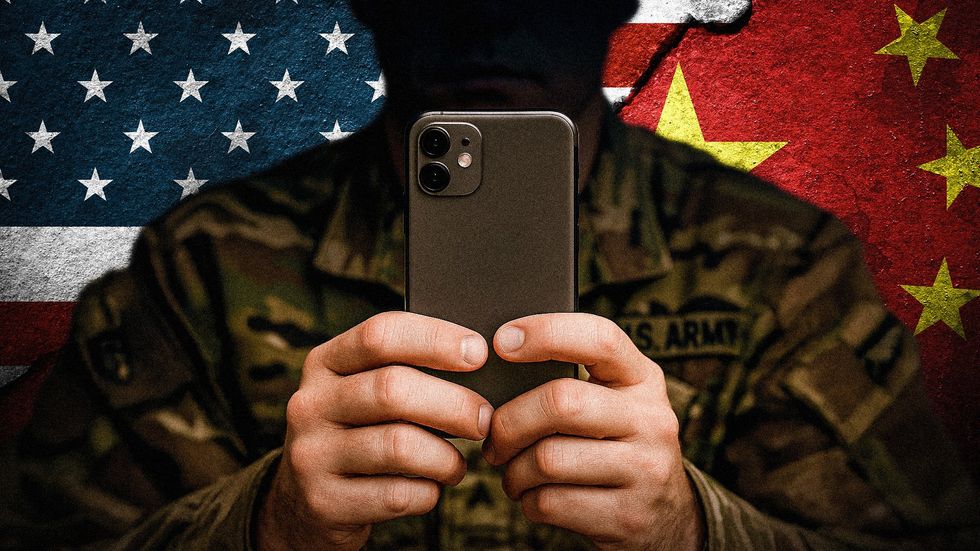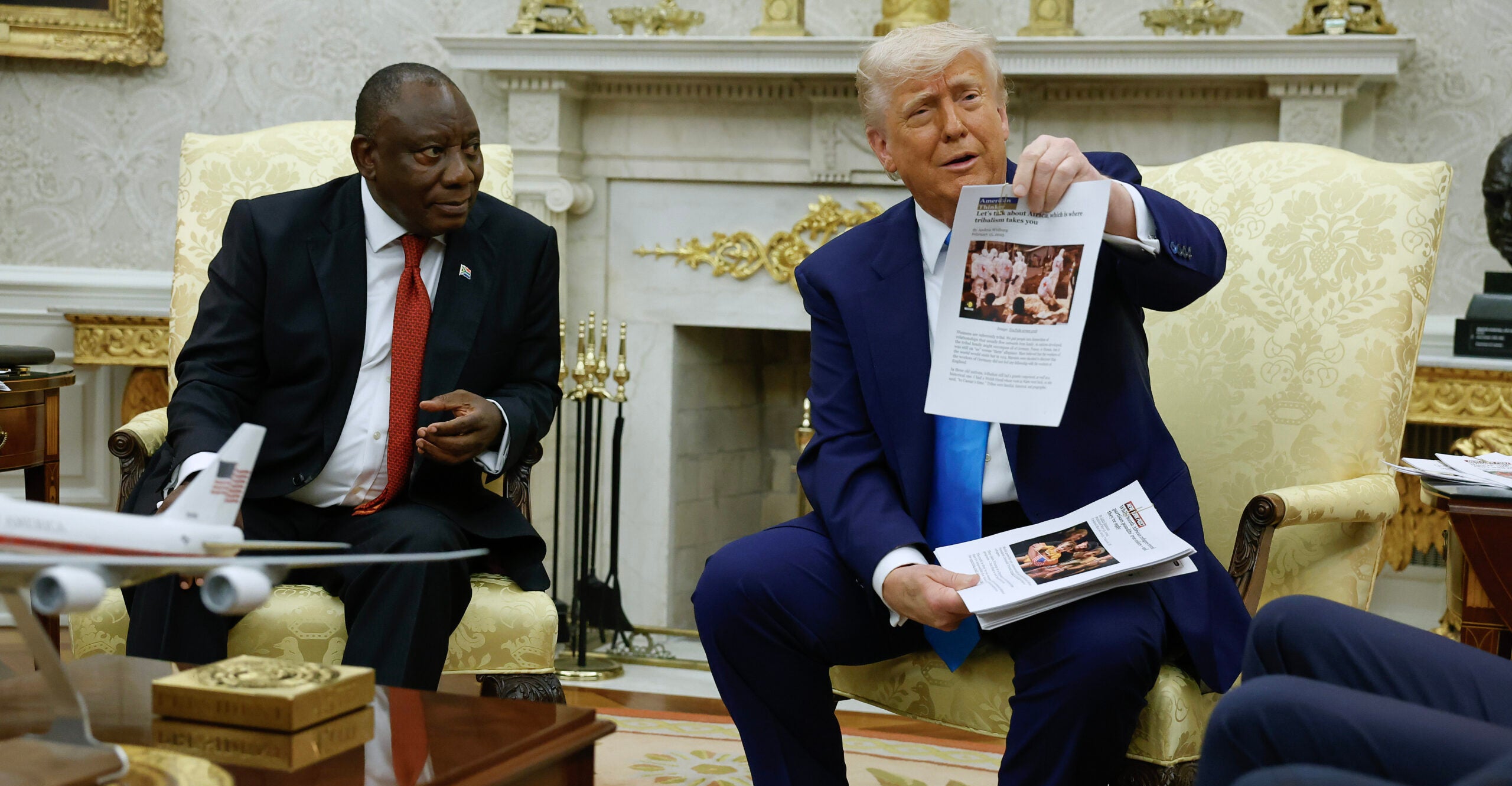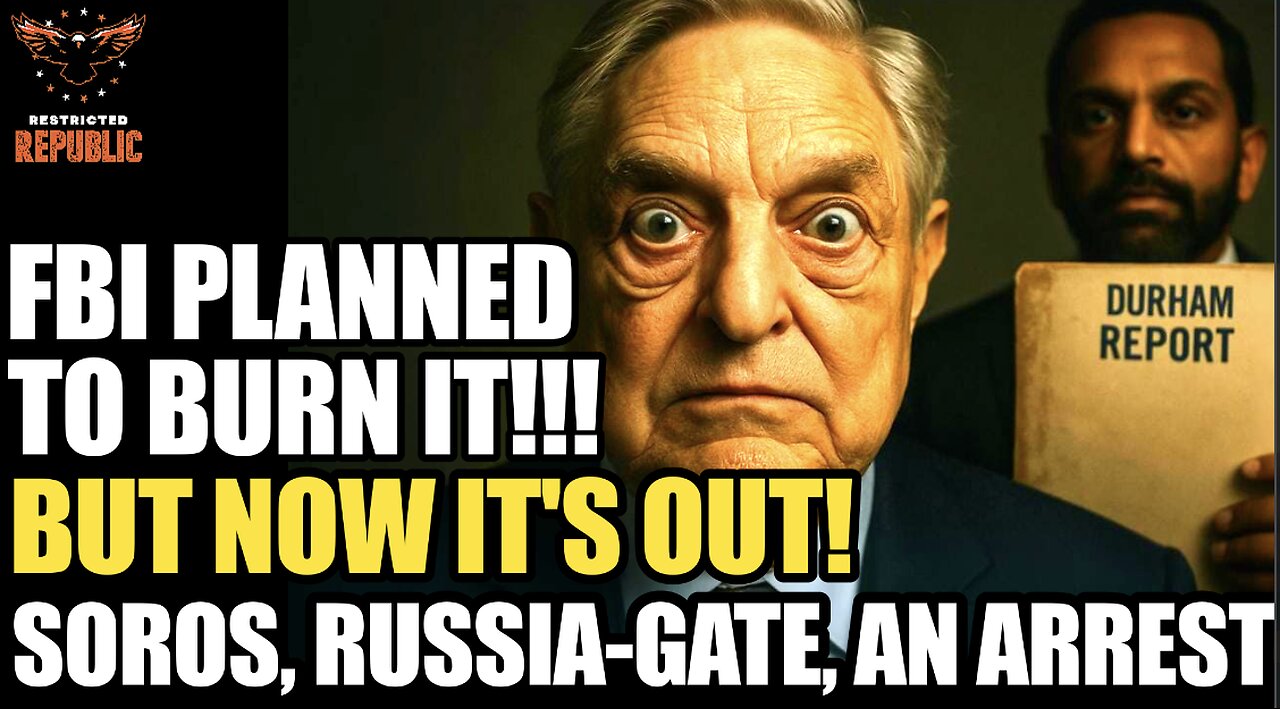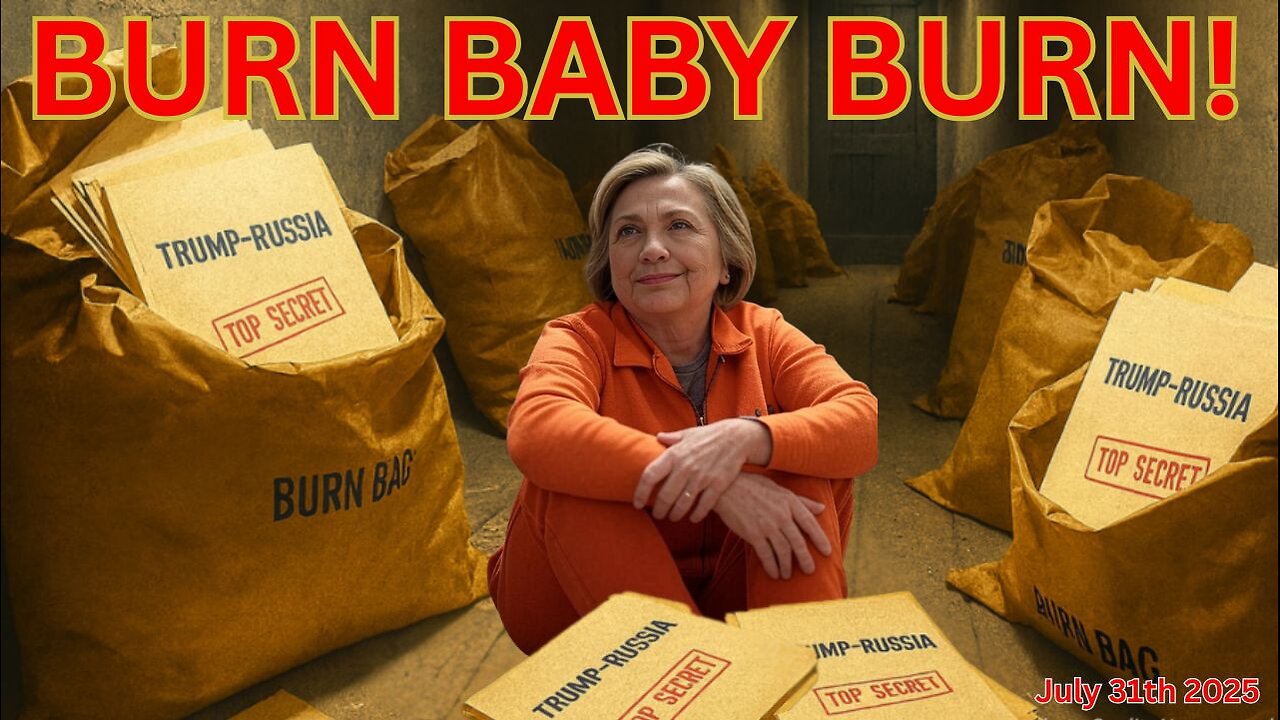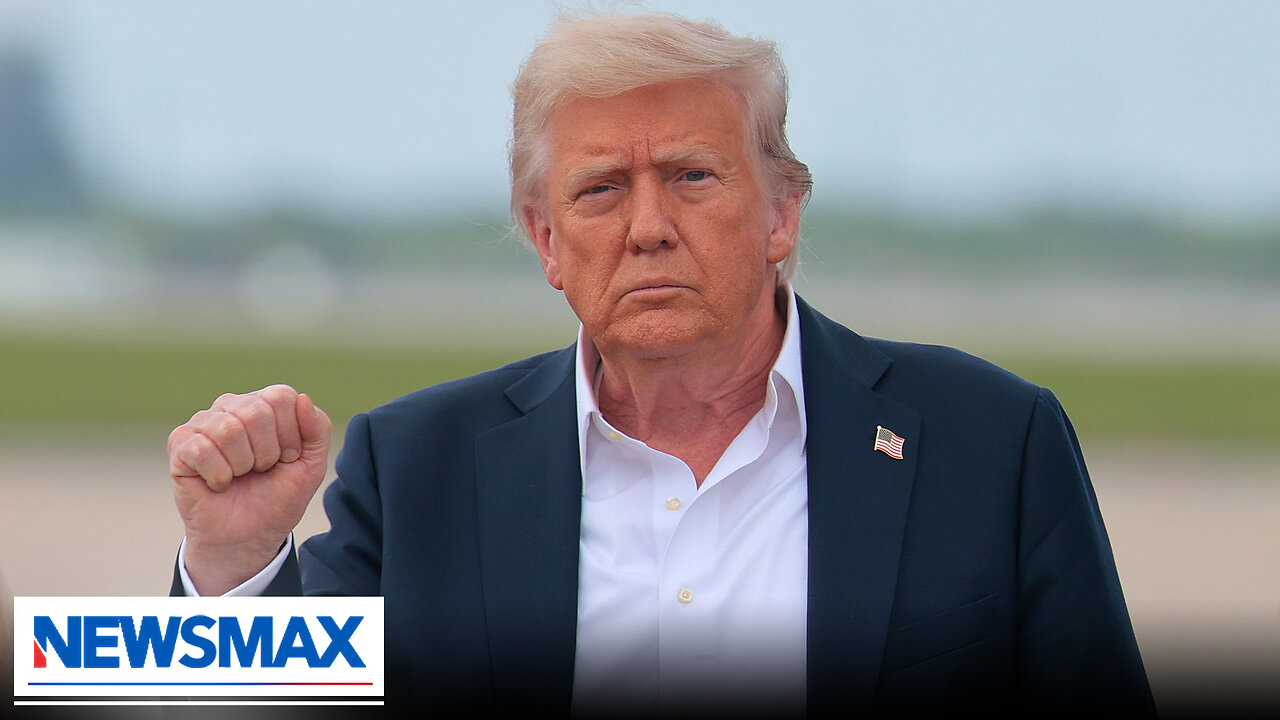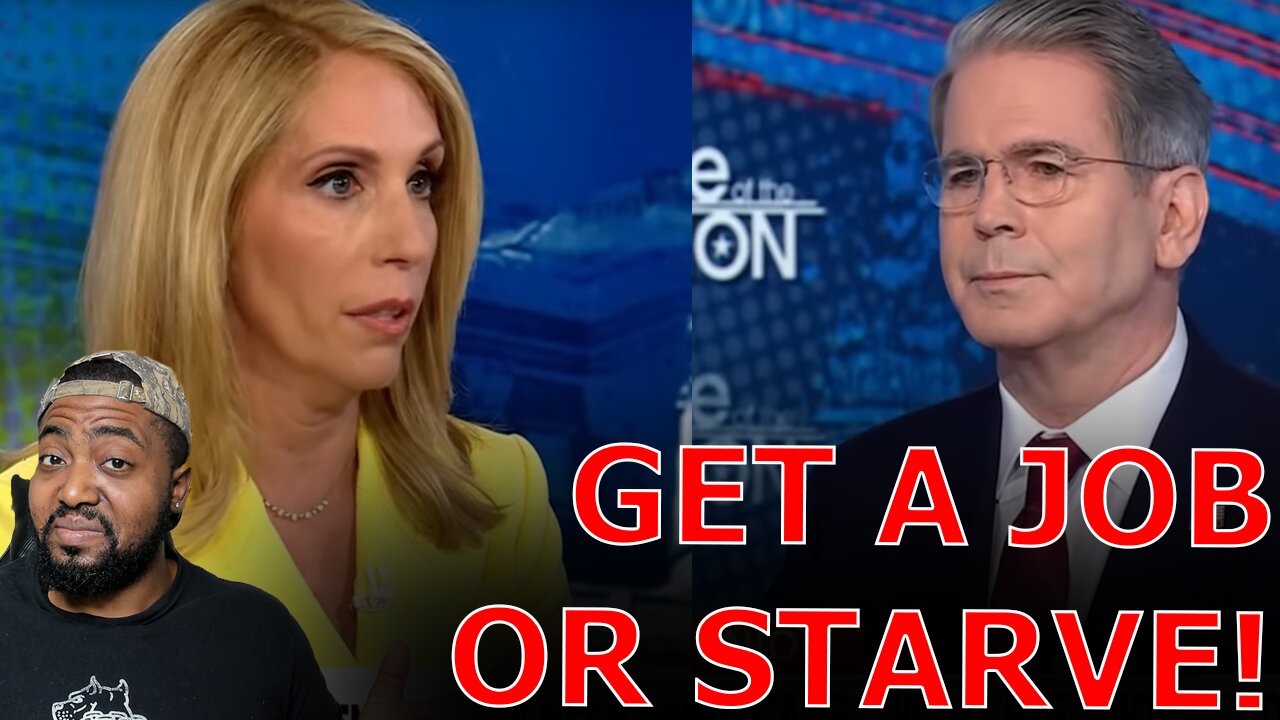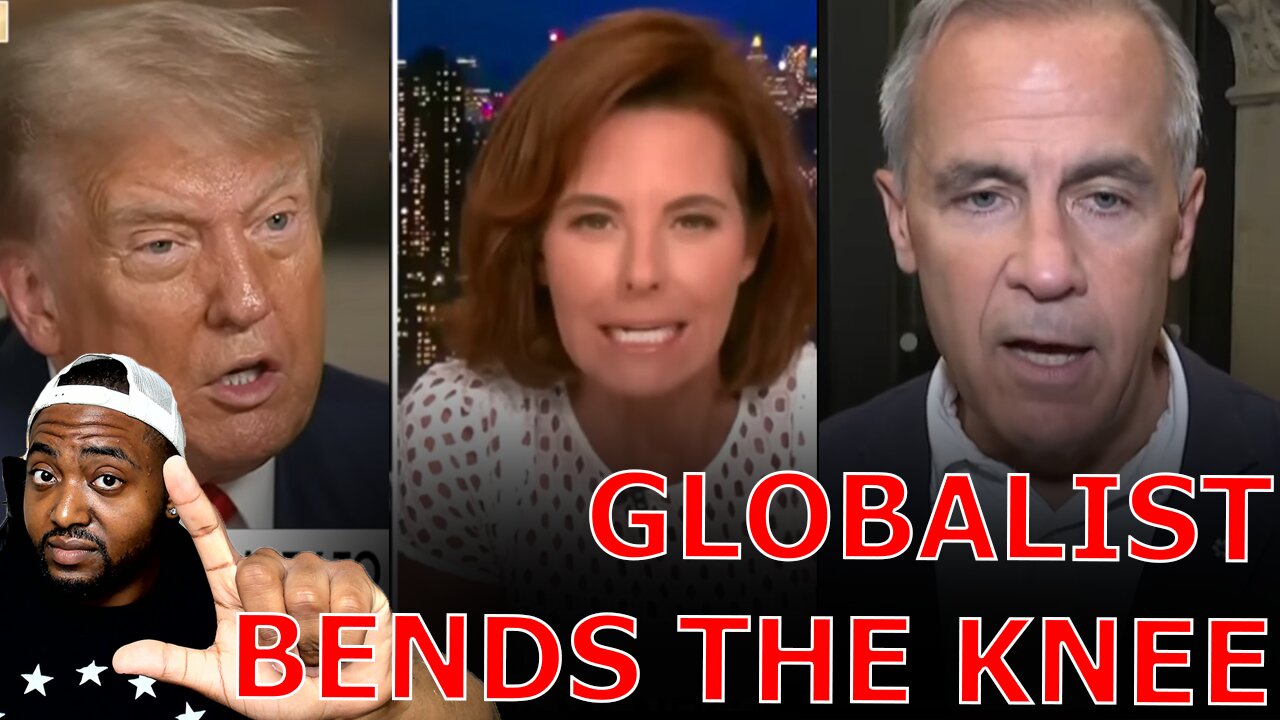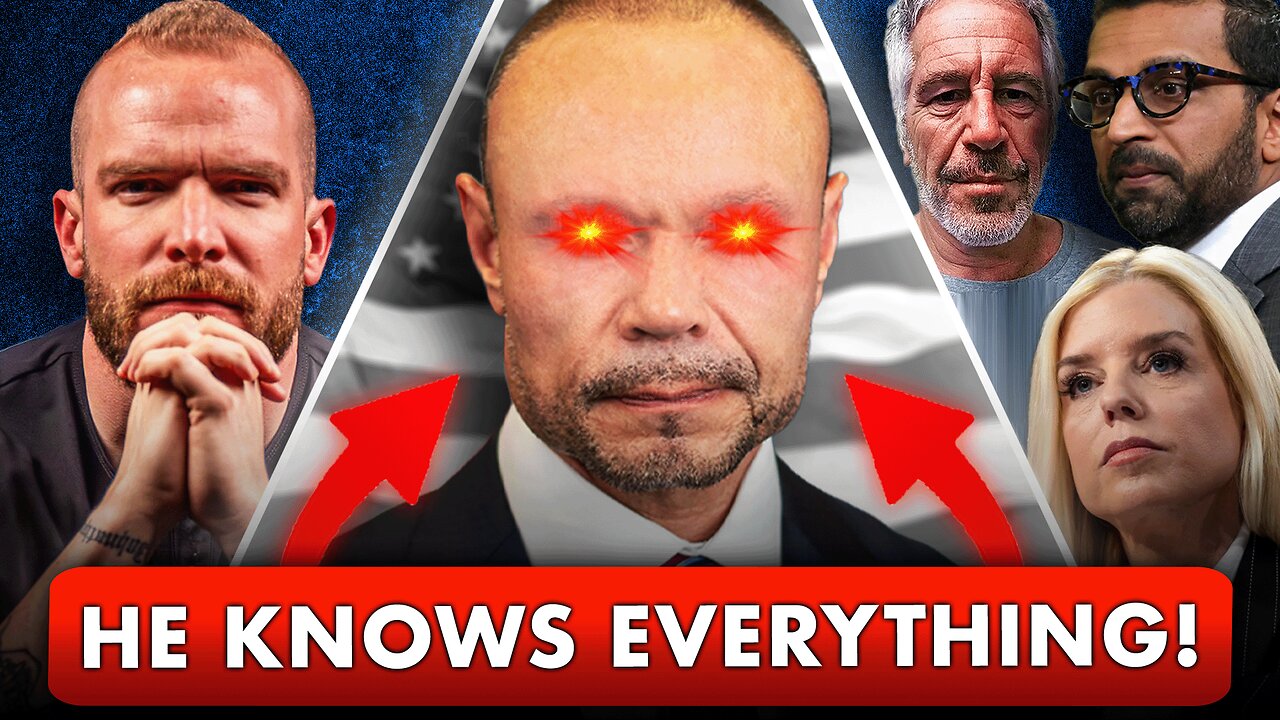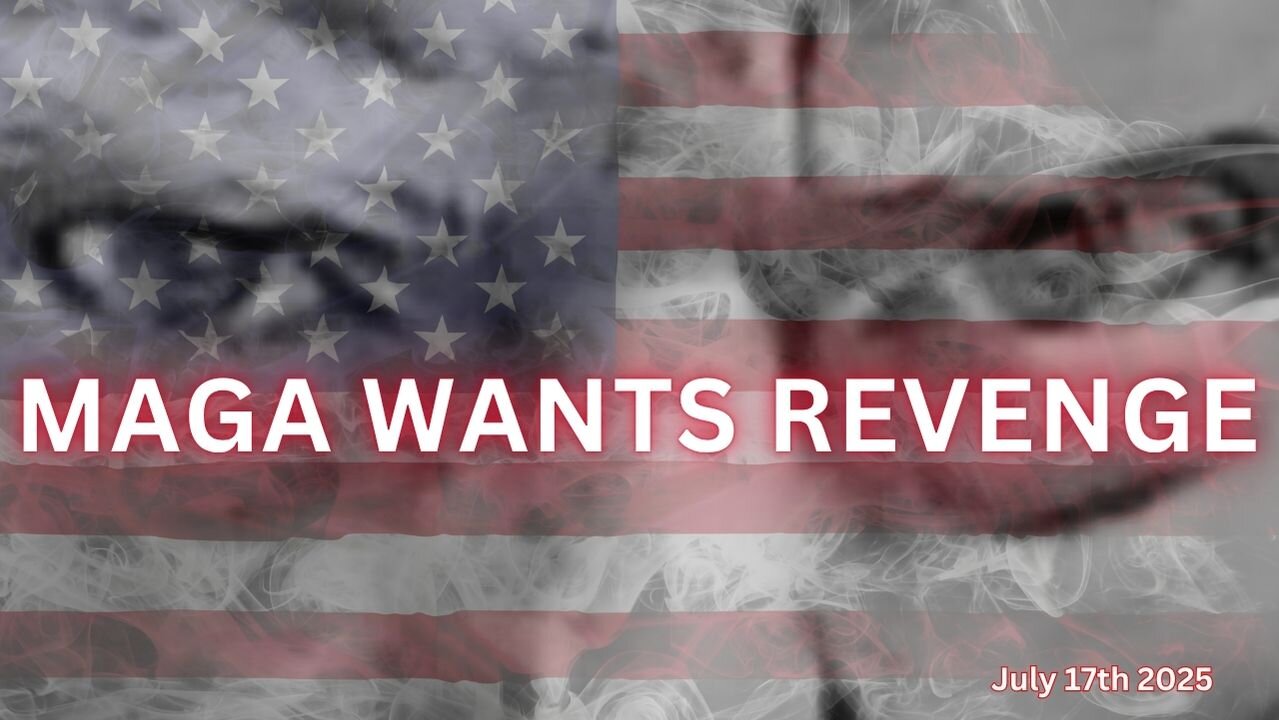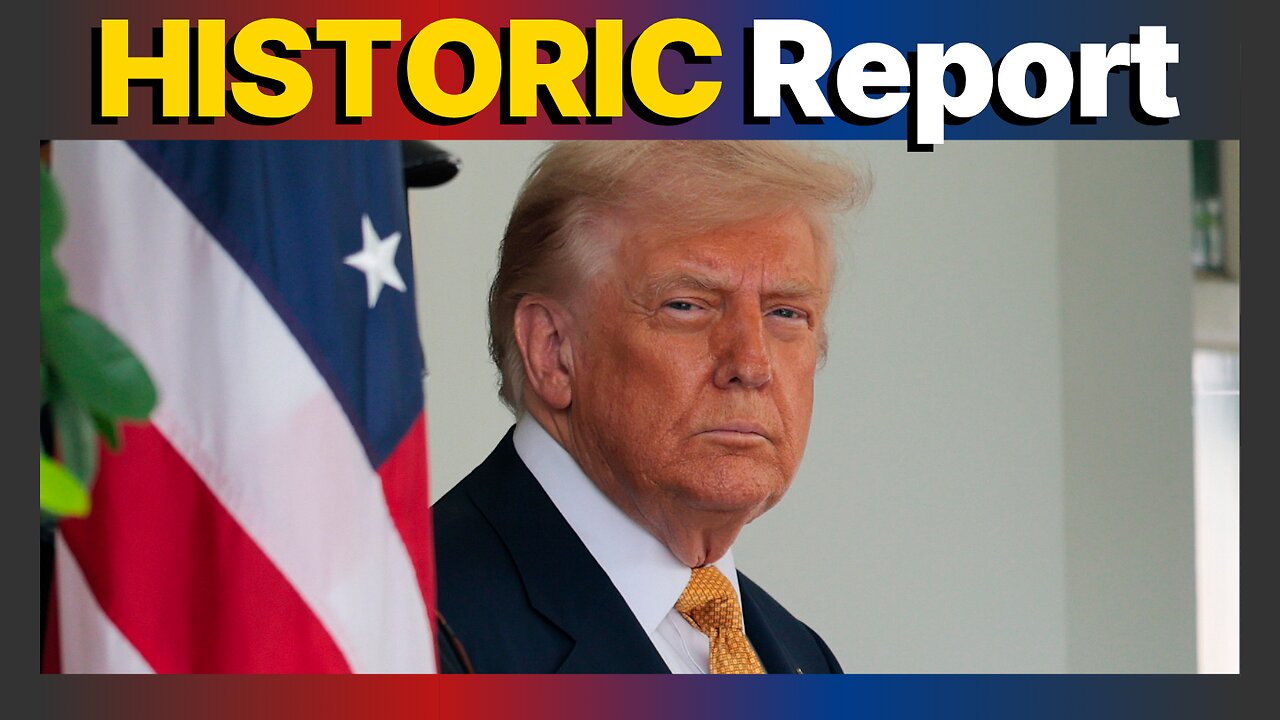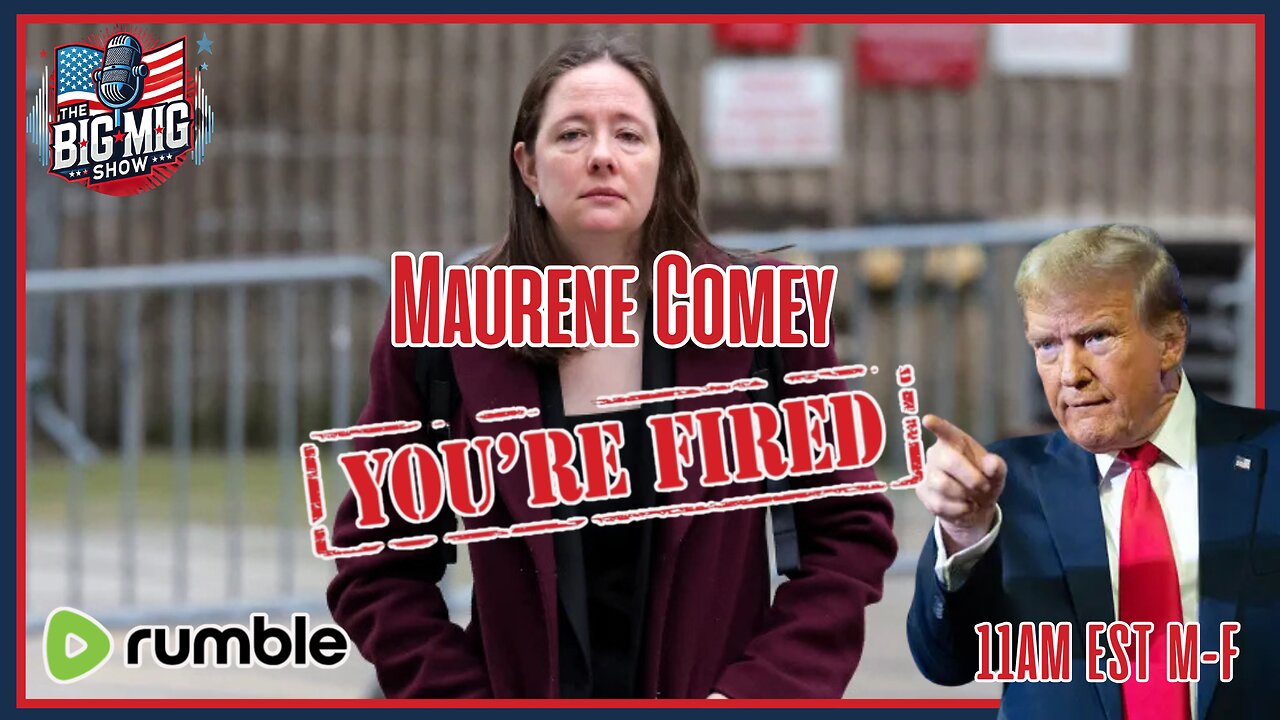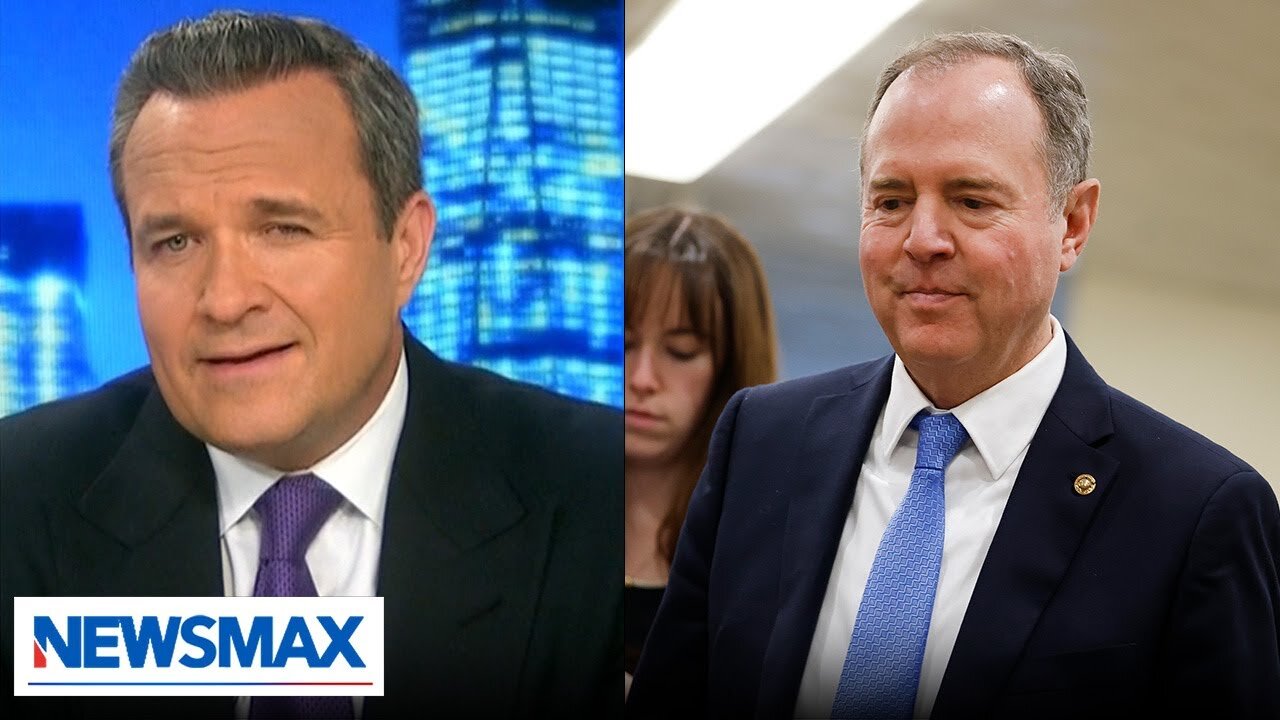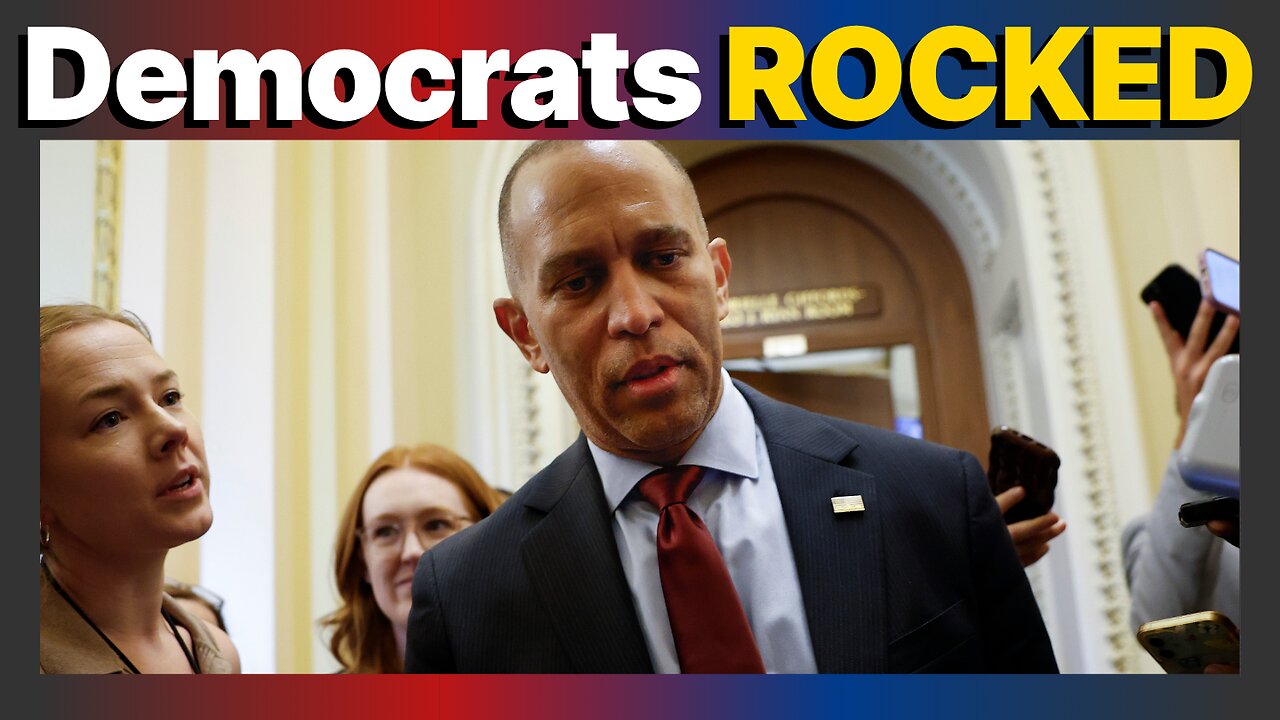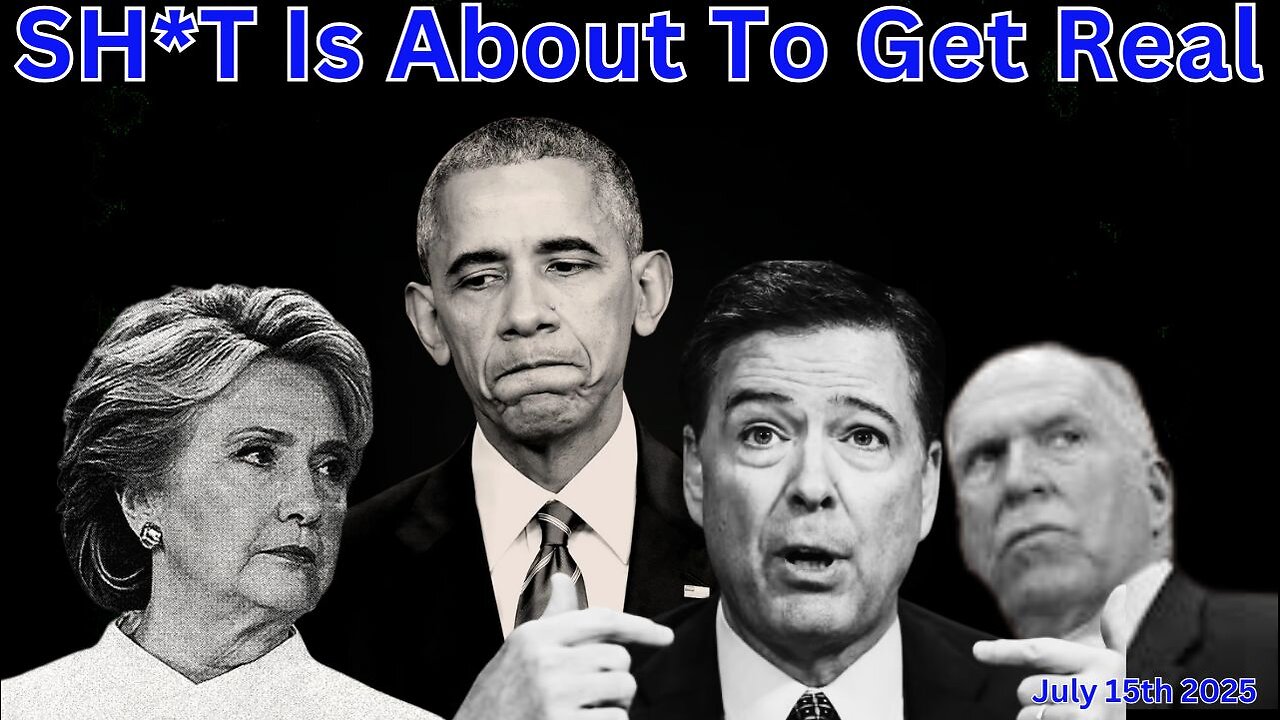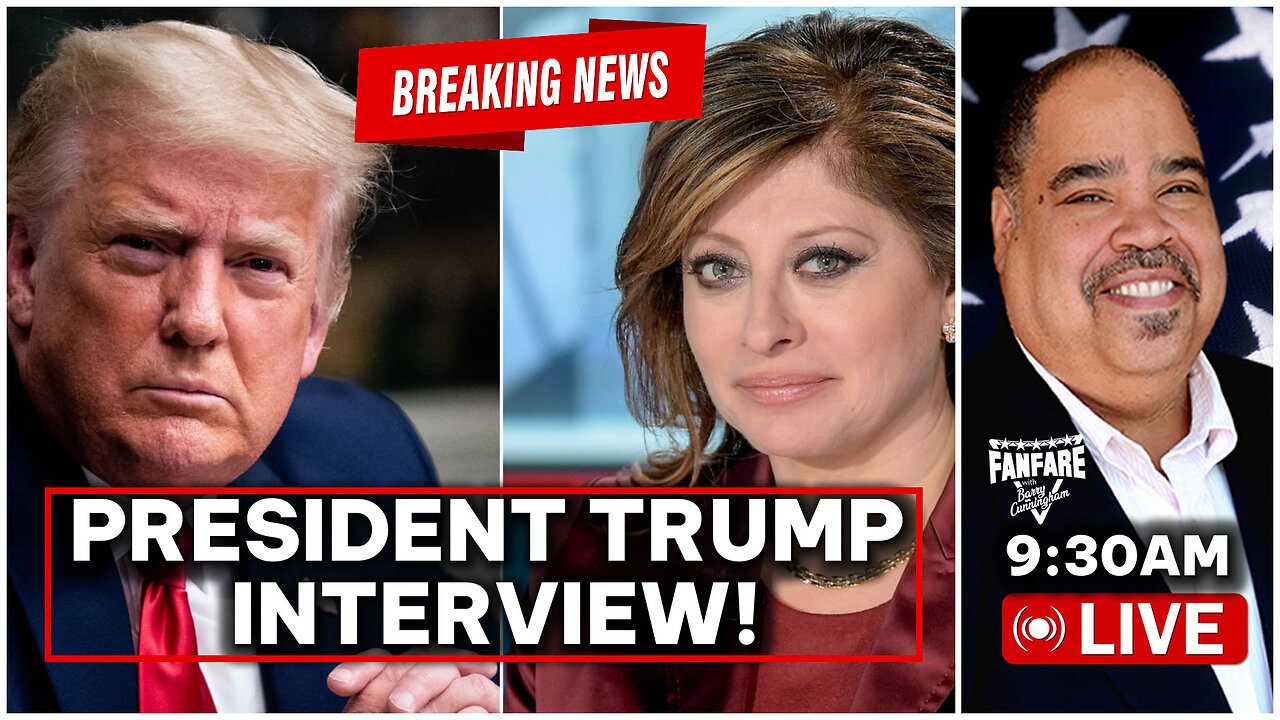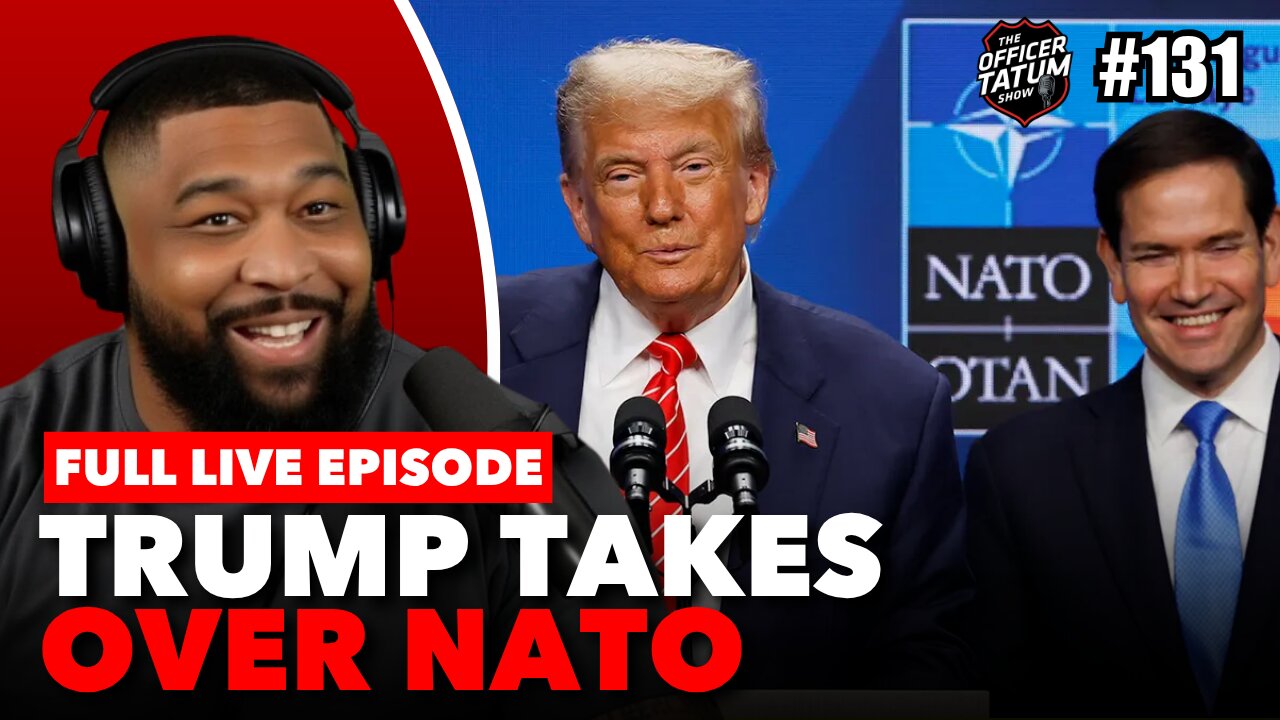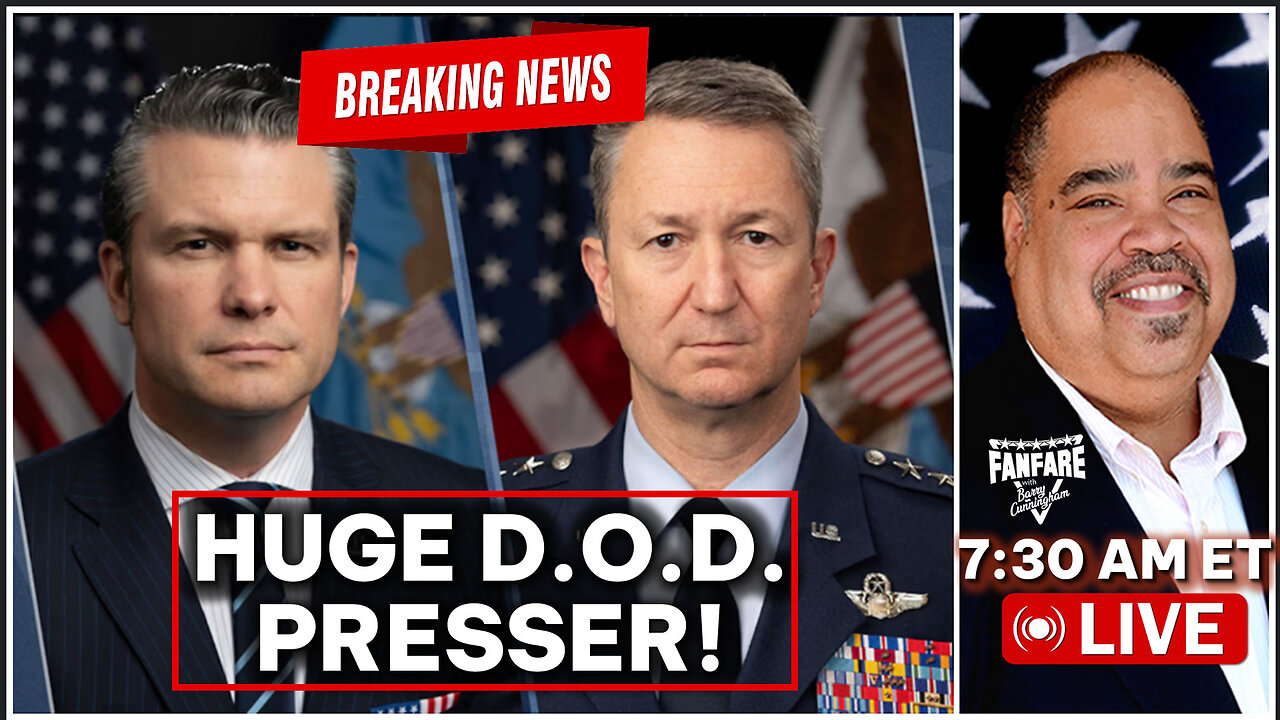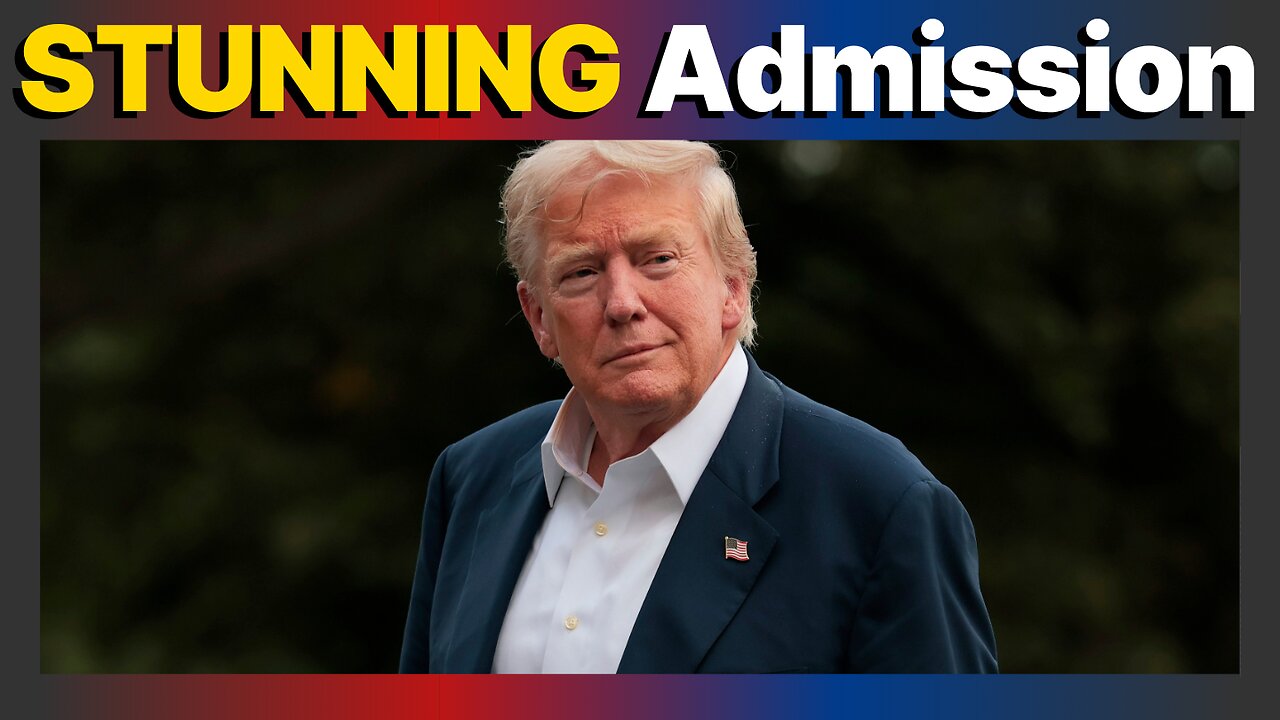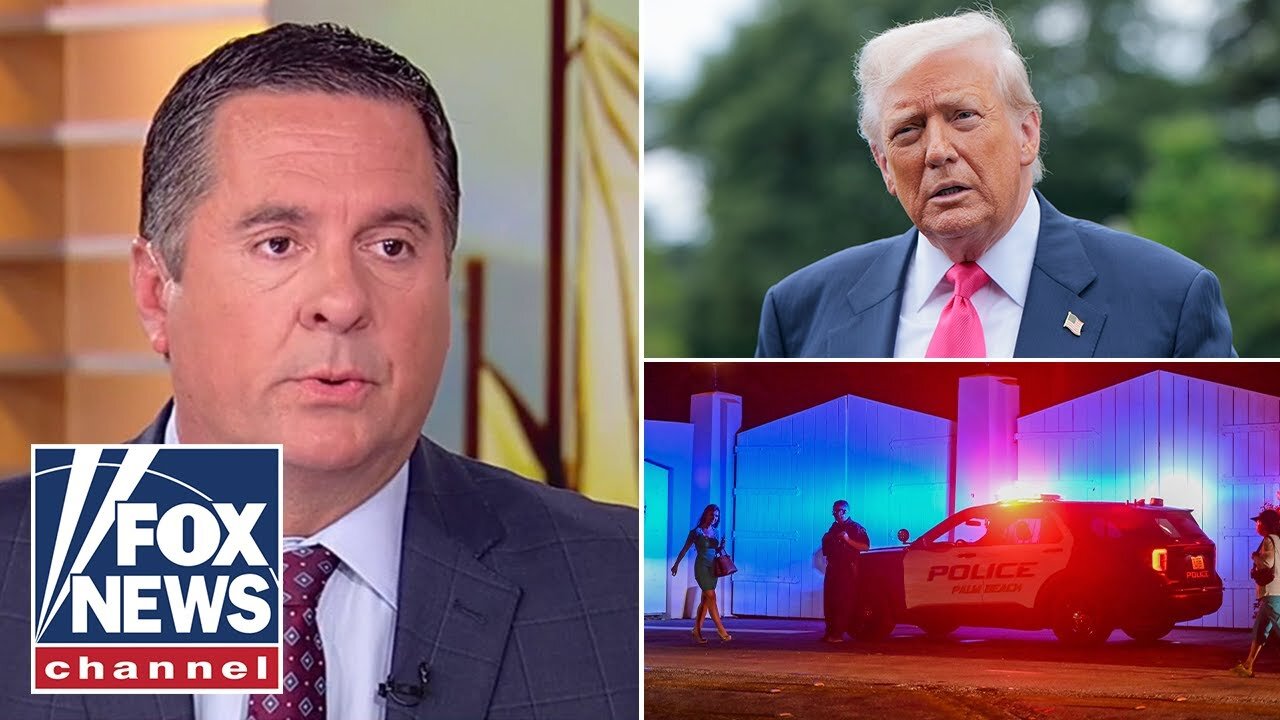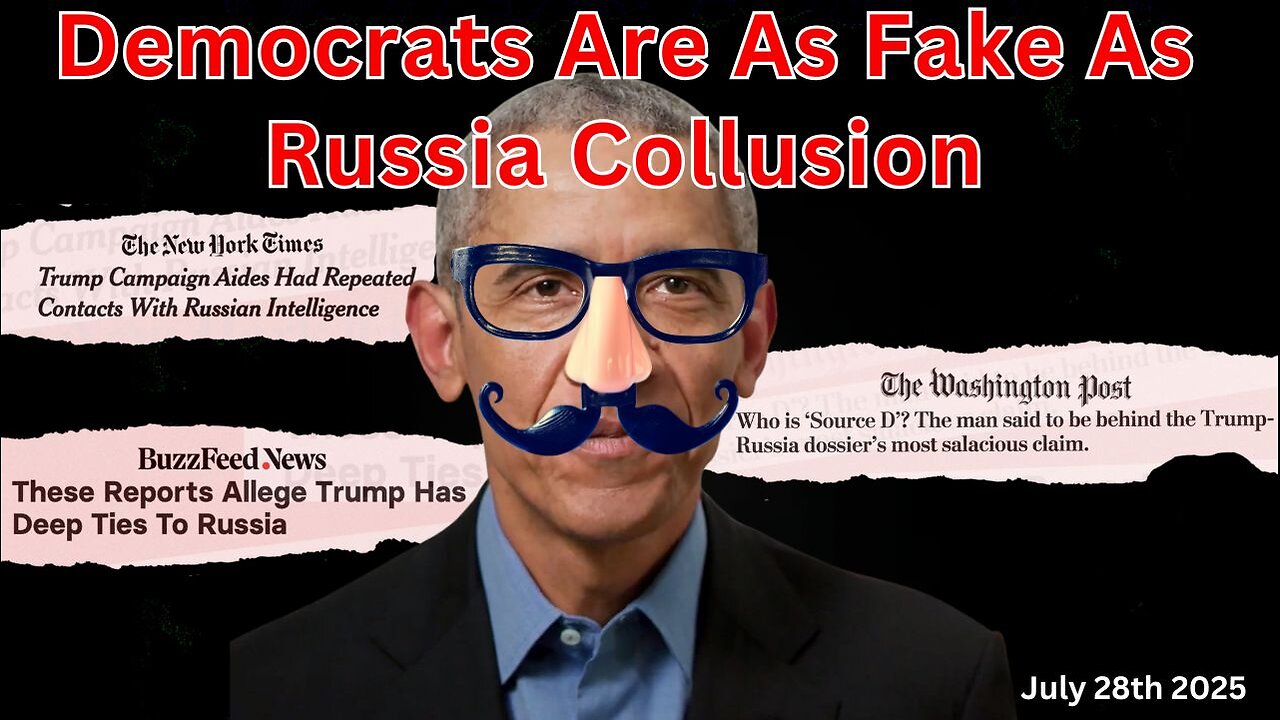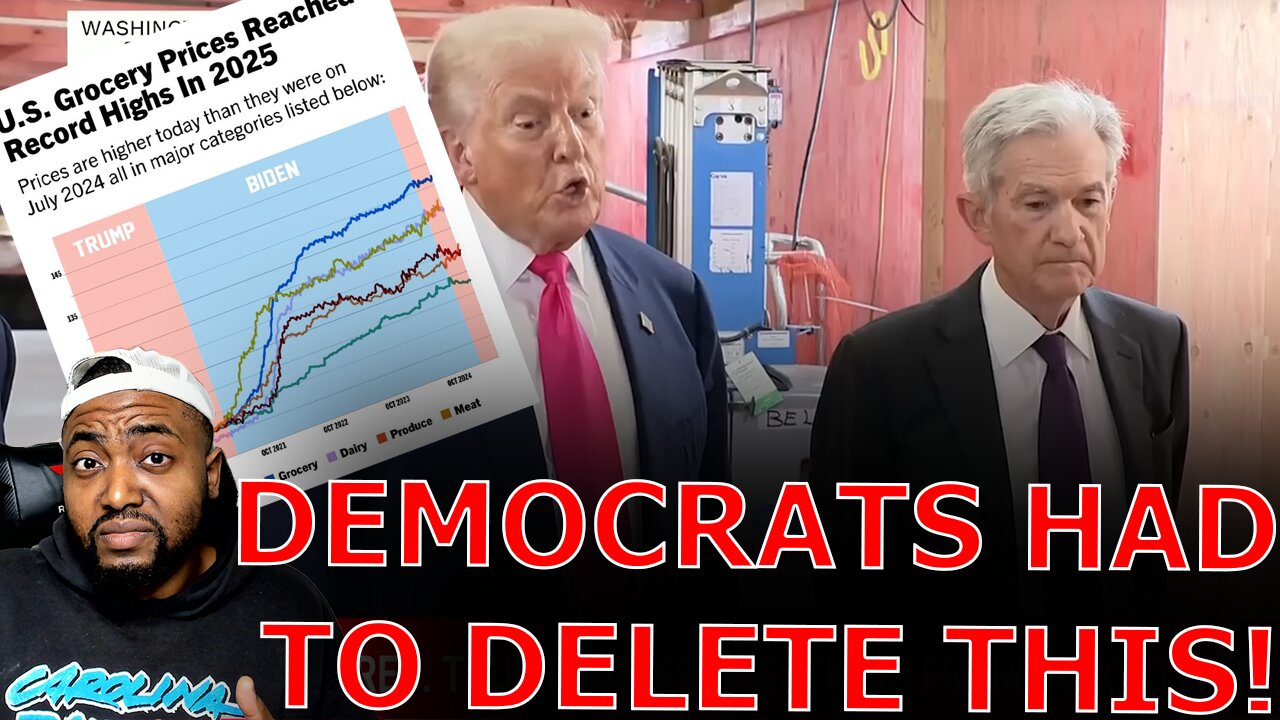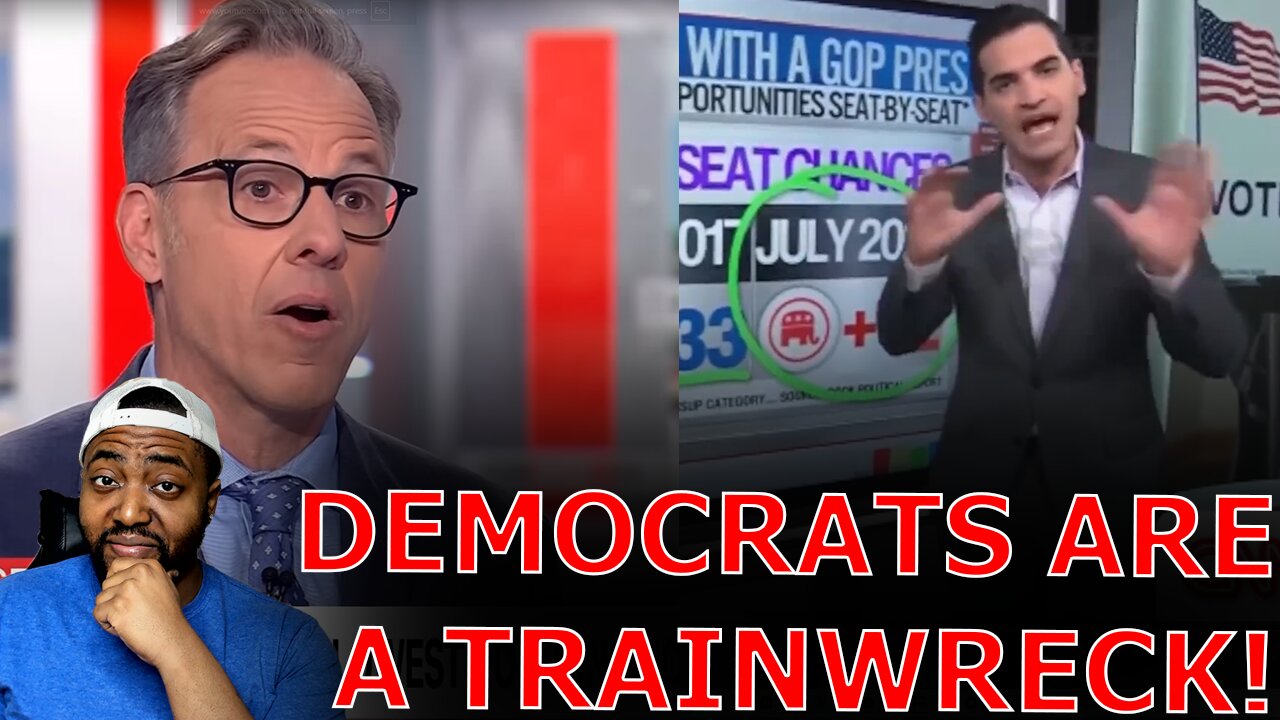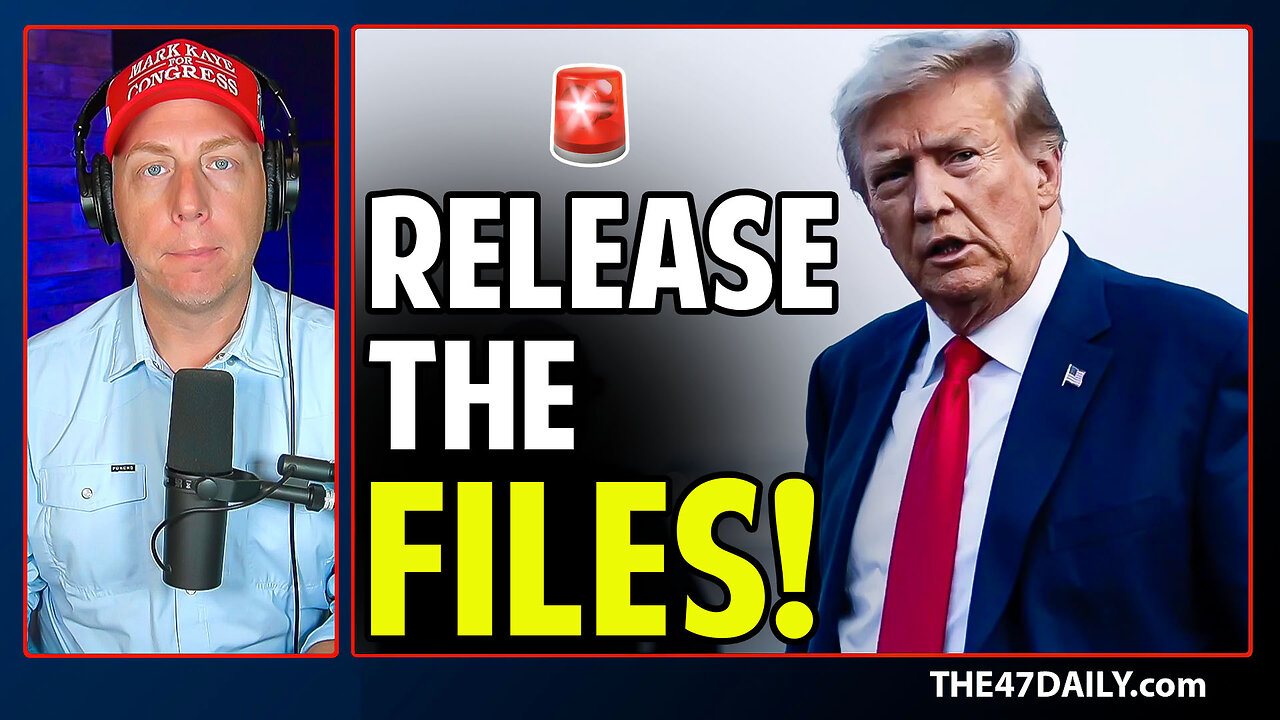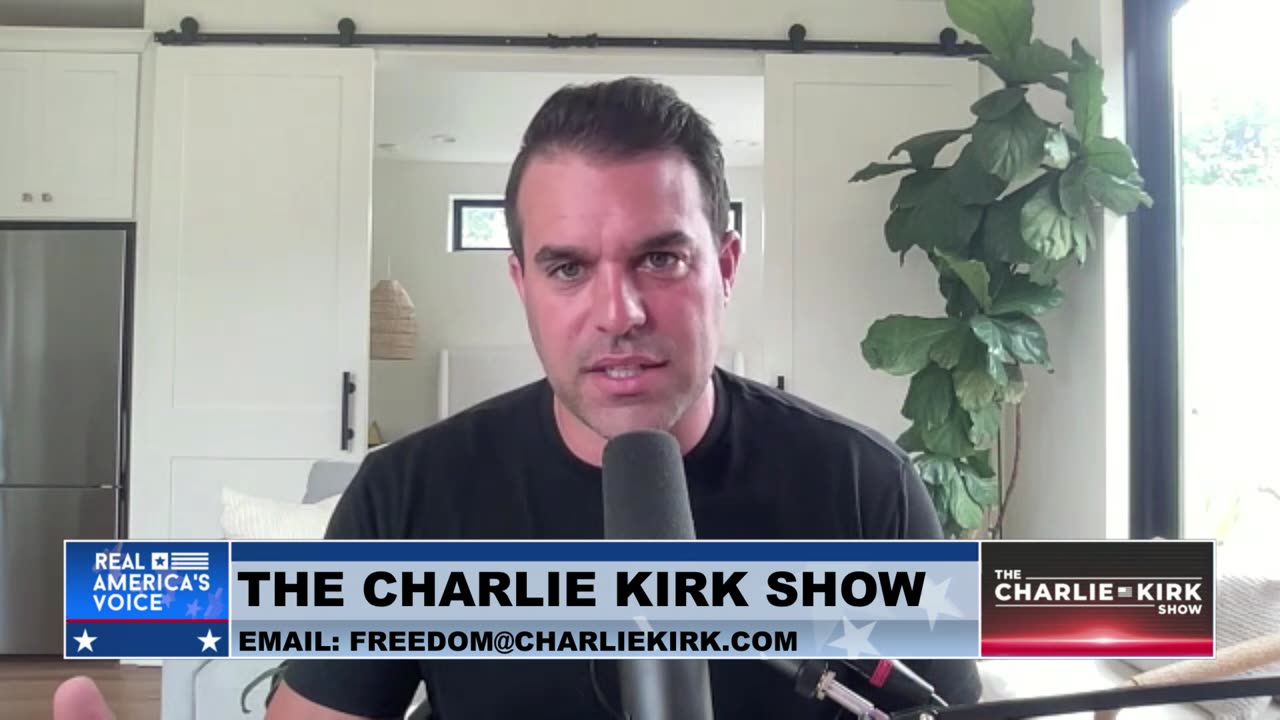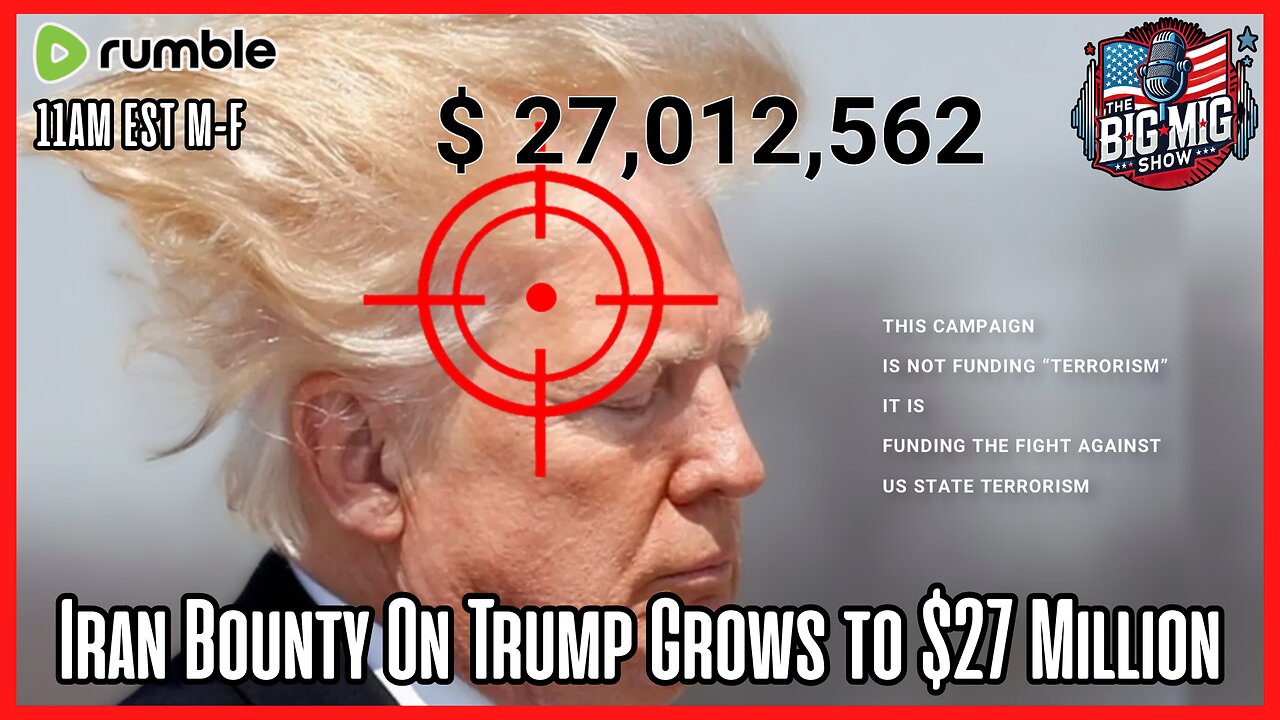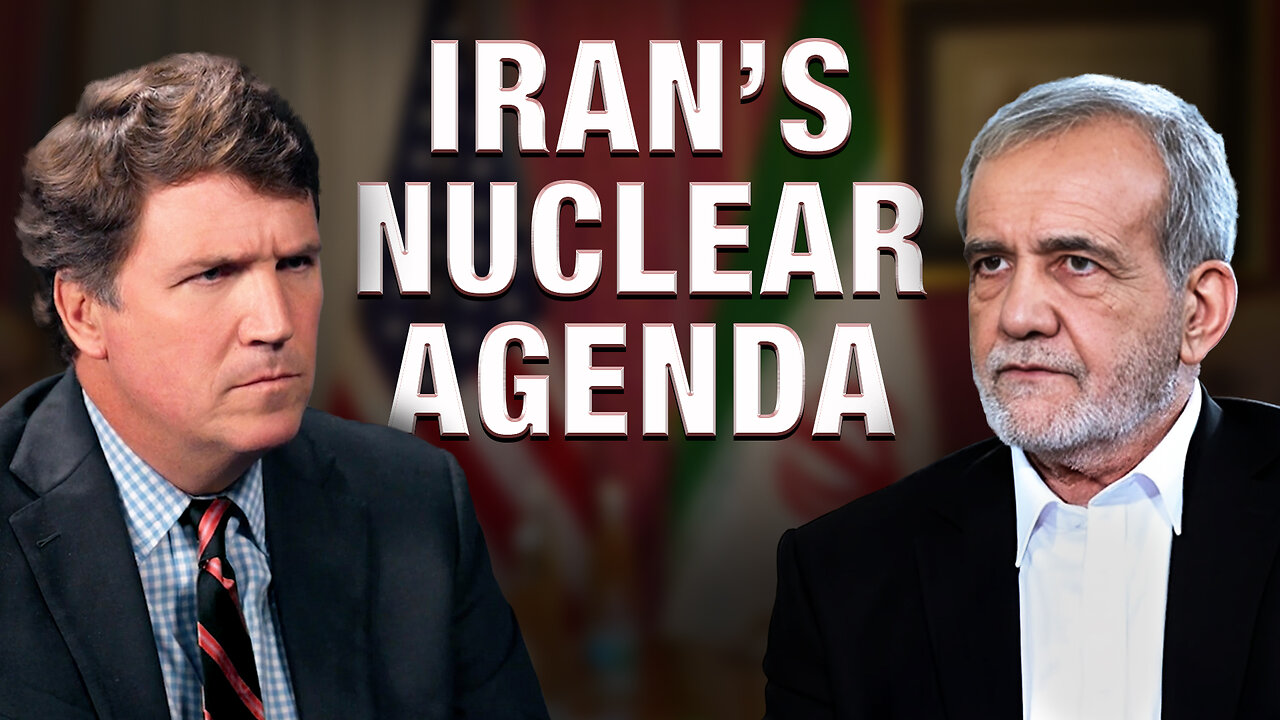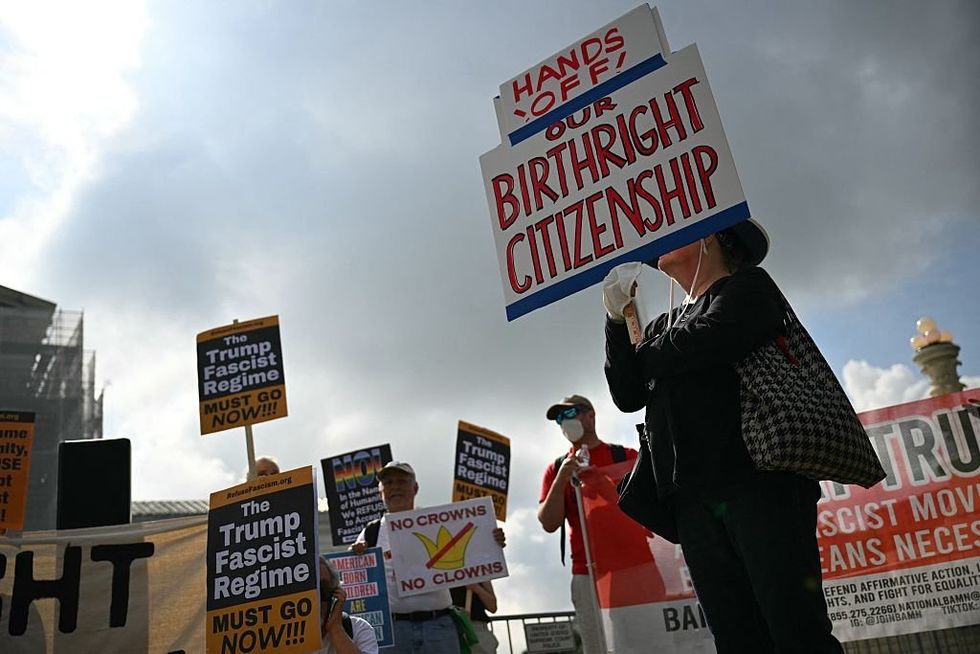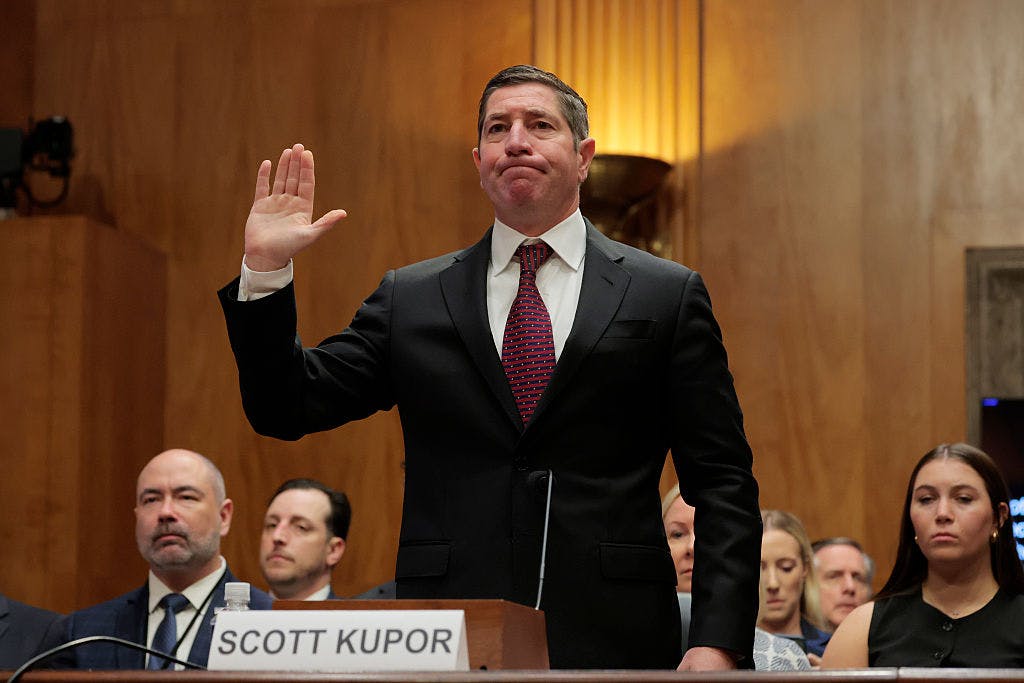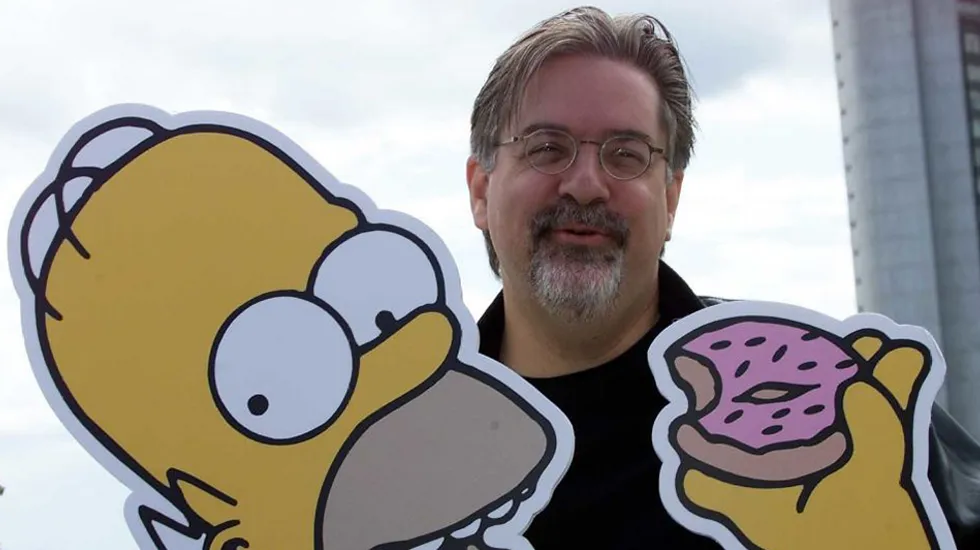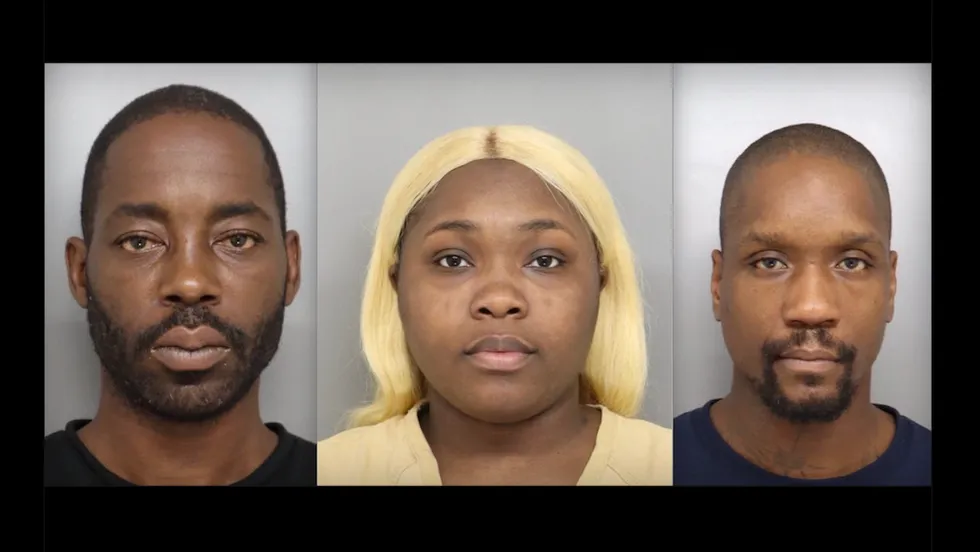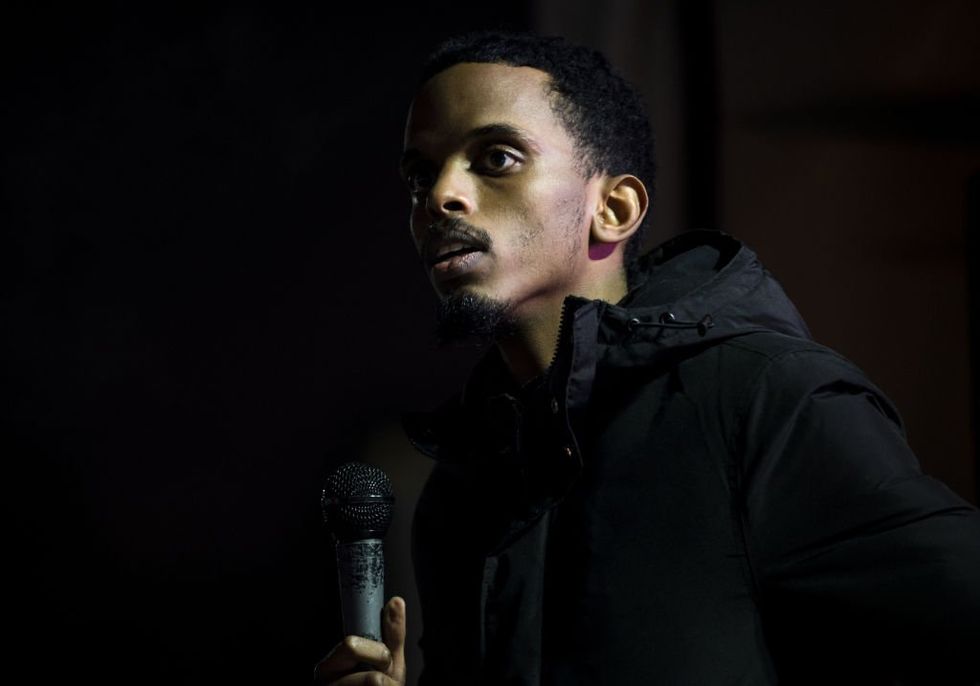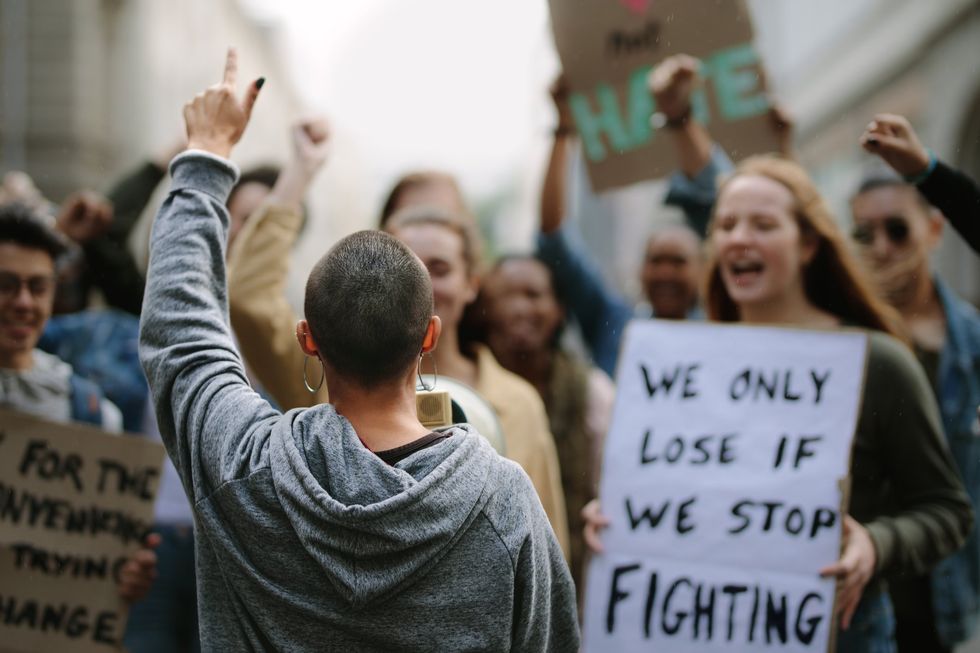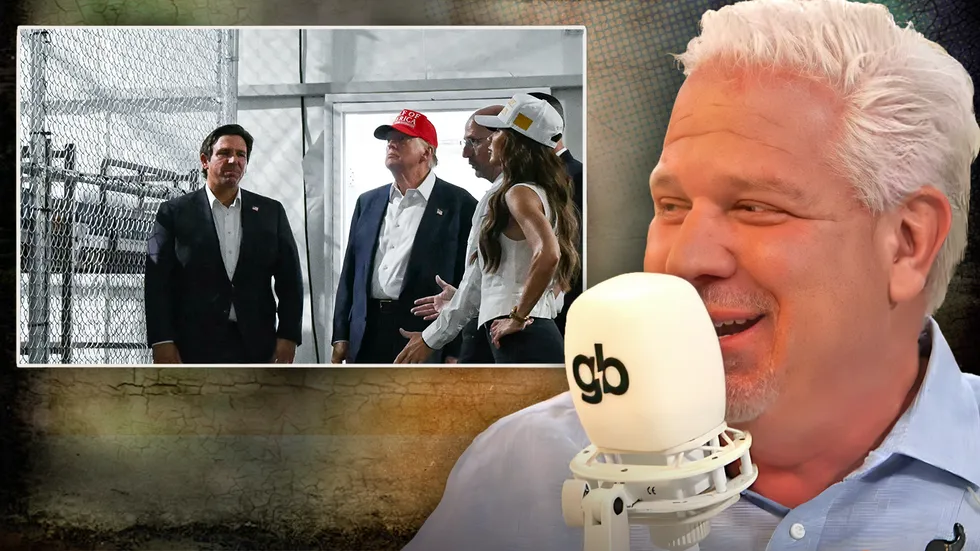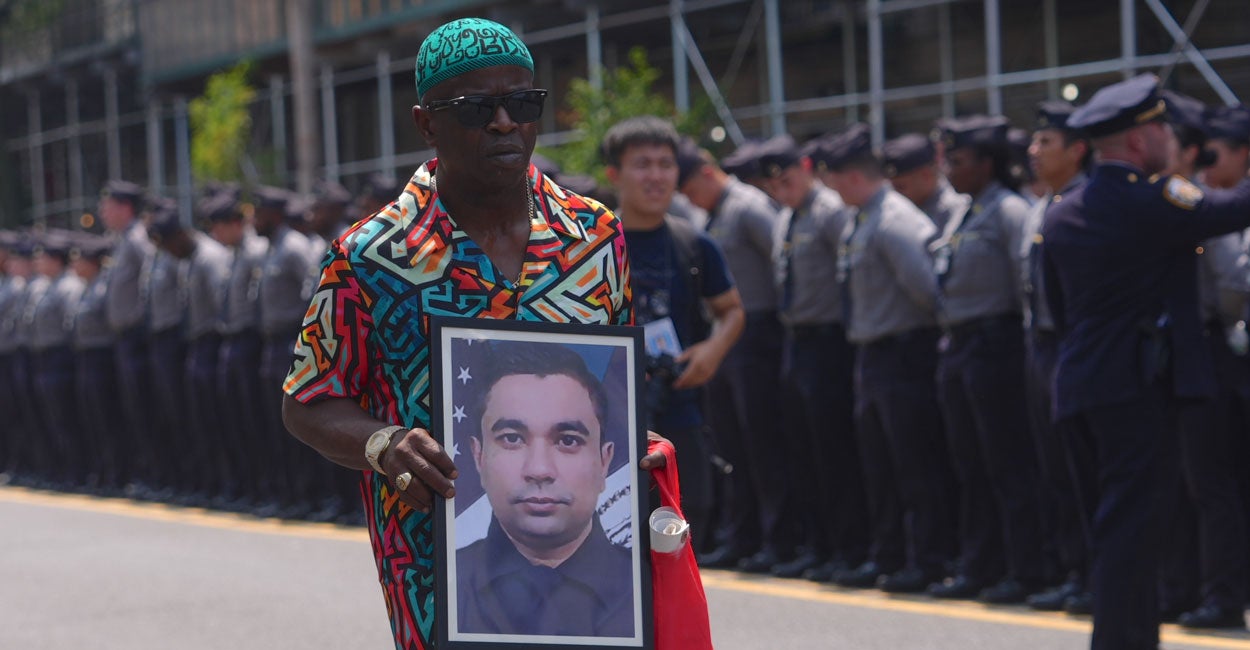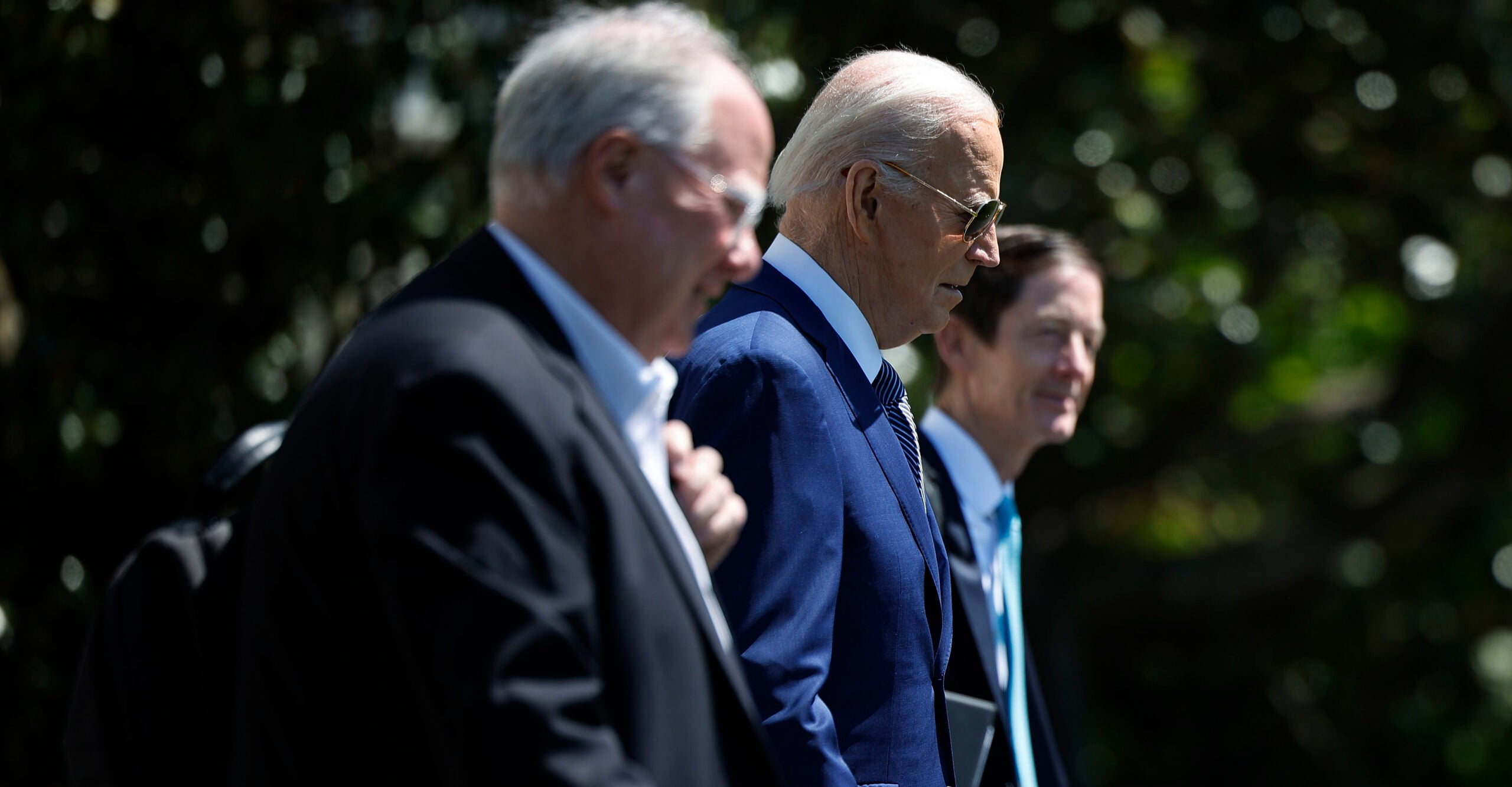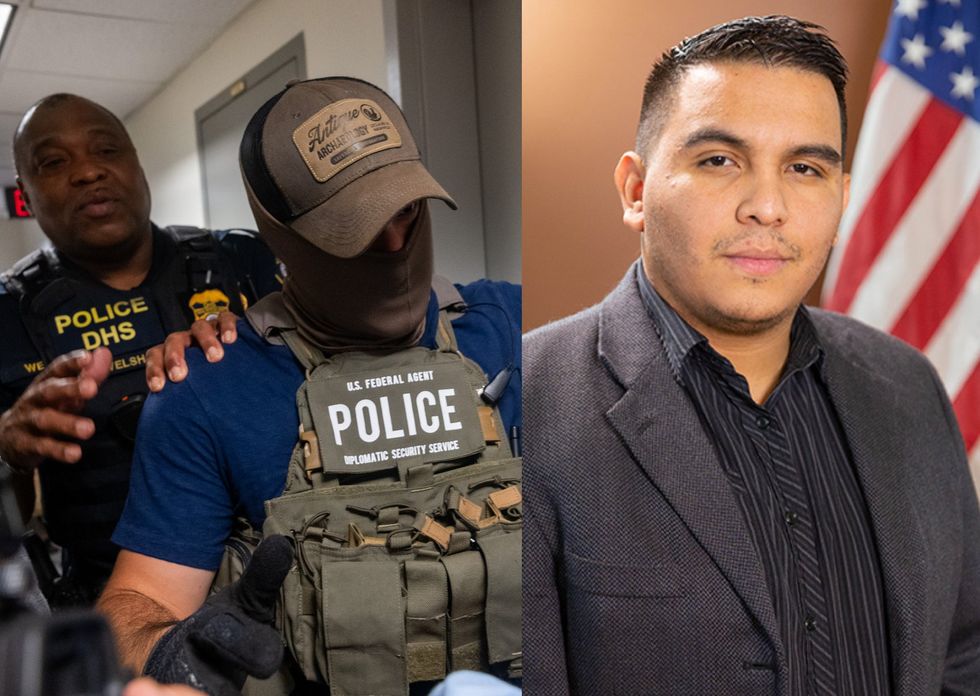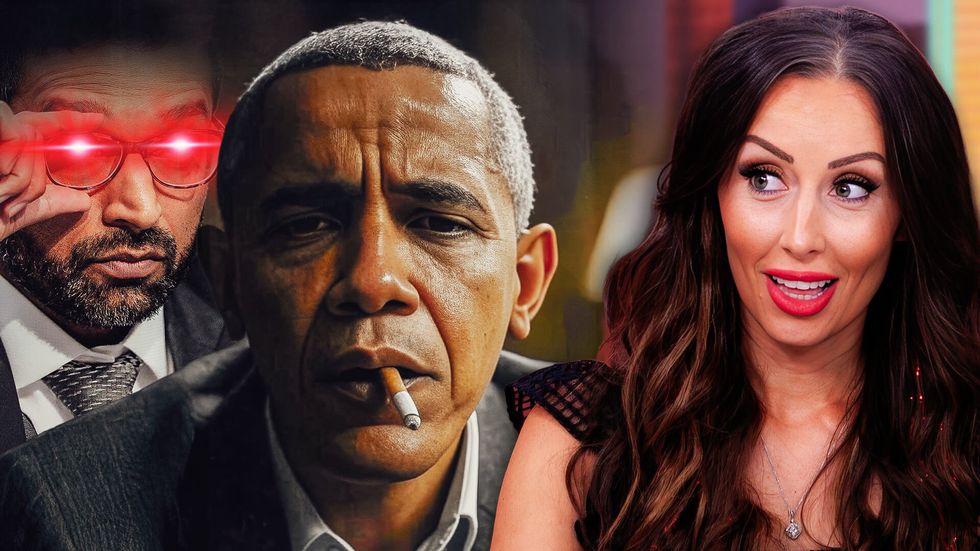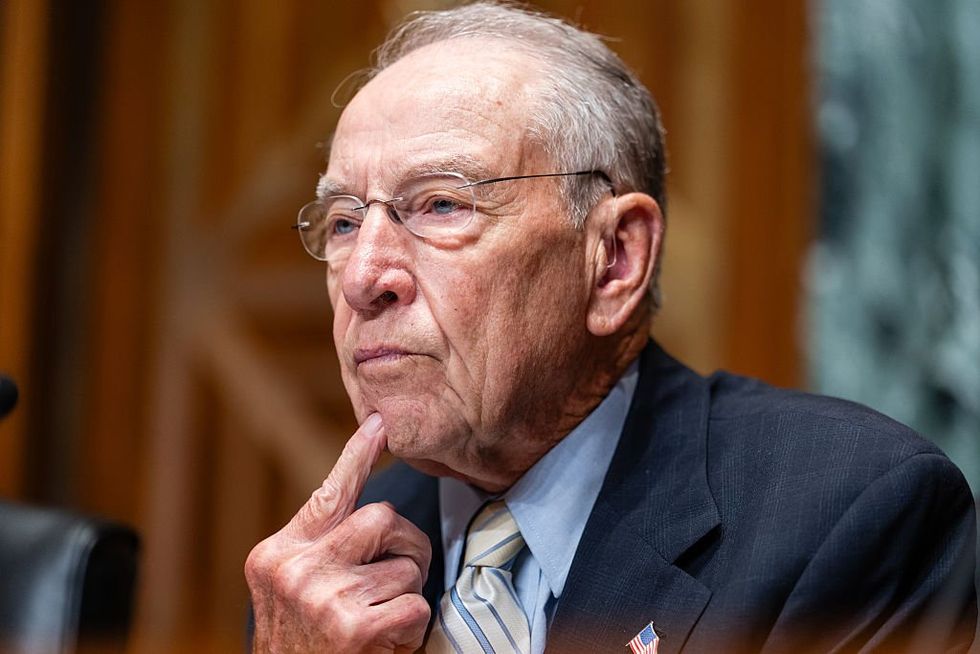South Korea's January 6: Is the deep state to blame?
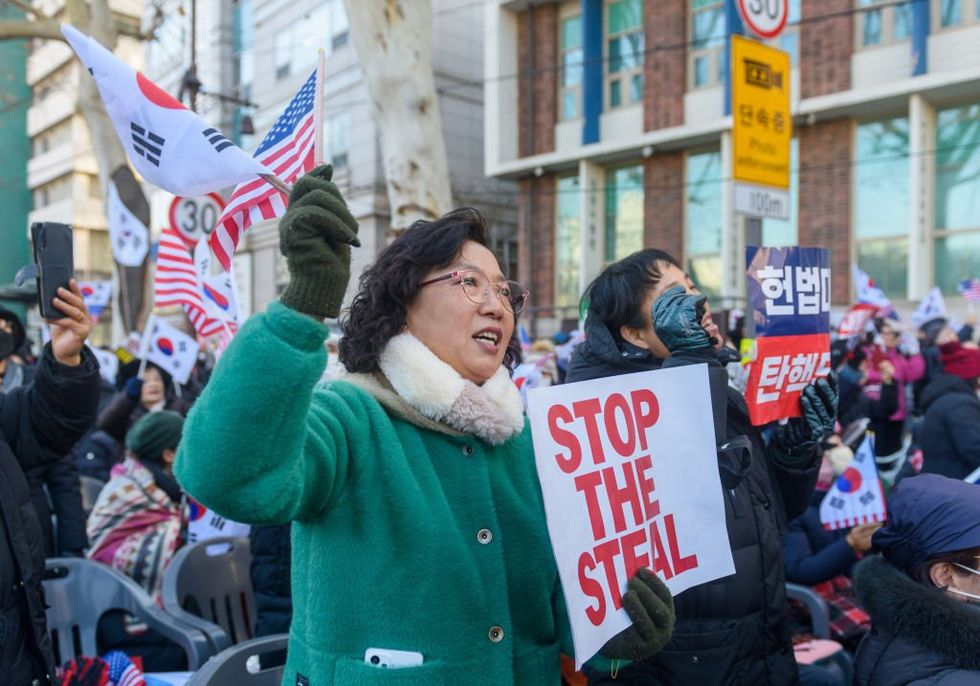

As I write this, South Korea stands on the precipice of its most significant political crisis in decades.
The Constitutional Court has launched impeachment proceedings against President Yoon Suk Yeol, who stands accused of declaring martial law to block the reversal of his suspension of civilian rule.
'Right-leaning people have told me that they find Yoon's personality unresponsive and distant. Leftists dislike him as a matter of course.'
Now barricaded in his residence under heavy security, Yoon refuses to appear in court or cooperate with investigations into charges of insurrection. His defiance has thrown South Korea’s democracy into uncharted territory, plunging the nation into a perilous political storm.
Yet while this crisis is uniquely Korean in its immediate context, the deeper story carries clear traces of American influence. The origins of South Korea’s “deep state” — a covert network of military, intelligence, and corporate power — can be traced back to U.S. involvement during the Cold War. The turmoil unfolding today is, in many ways, a direct consequence of those historical interventions.
Cold War seeds
Following World War II, the United States carved the Korean Peninsula in half, creating an artificial divide between North and South. In its quest to establish a bulwark against communism, the U.S. installed Syngman Rhee, a staunch anti-communist, as South Korea’s president. To solidify control, Washington integrated former Japanese collaborators into the nation’s security apparatus, building an authoritarian system designed to suppress dissent and maintain order.
The Korean War entrenched these dynamics further. The conflict, framed as a battle between democracy and communism, became a proxy war, with America deeply embedded in South Korea’s military and intelligence systems. By the war’s end, in 1953, South Korea was firmly bound to a militarized political order aligned with U.S. strategic priorities.
Figures like Park Chung-hee, who seized power in 1961, emerged as key architects of this hierarchical system, one deeply intertwined with U.S. Cold War strategy in Asia. At the request of the United States, Park committed approximately 320,000 South Korean troops to fight alongside U.S. forces in the Vietnam War — a contribution second only to that of the United States itself.
Officially, this massive deployment was framed as a way to strengthen ties with Washington, combat the spread of communism in East Asia, and elevate South Korea’s standing on the global stage. However, this partnership also solidified U.S. influence over South Korea’s military and political apparatus, embedding a framework of control that combined economic ambition with authoritarian suppression of dissent.
Park’s rule, praised by the U.S. for driving rapid industrial growth, simultaneously relied on the heavy hand of state security forces to silence opposition — entrenching a system that still casts a shadow over South Korea today.
Parallels with the American deep state
The parallels between South Korea’s deep state and its American counterpart are impossible to ignore. In the United States, unelected entities like the CIA and NSA operate with near-absolute freedom, running covert operations and mass surveillance programs that skirt democratic accountability.
Meanwhile, corporate giants like Google, Amazon, and BlackRock have cemented their place within this system, ensuring their interests often outweigh those of the public. The result is a seamless merger of private and governmental power, where transparency and accountability are nonexistent.
In South Korea, this pattern repeats itself through the chaebols — massive conglomerates like Samsung and Hyundai — that dominate the country’s economy and exert a disproportionate influence on policy. These family-run corporations have long been entwined with the government, creating a system where power remains concentrated and largely unchecked. President Yoon’s martial law declaration is a timely reminder of how deeply these forces are entrenched.
A fascinating figure in a fractured system
To understand Yoon’s fall from grace, one must examine his rather unique rise to power. As Peter Paik, an award-winning poet and professor at Yonsei University in Seoul, explains to Align, Yoon’s career has been a study in contradictions.
“President Yoon Suk Yeol was a prosecutor who made his name investigating prominent political figures," says Paik. "He was originally seen as a bulldog of the liberal side, having carried out the investigation of the National Intelligence Service for interfering in the presidential election of 2012 on behalf of the conservative candidate and eventual winner, Park Geun-hye. He paid a price for this investigation, as he was banished from Seoul to a provincial city, Daegu, after carrying it out.”
Yoon’s tenure as prosecutor-general was marked by high-profile investigations into corruption at the highest levels. Paik continues:
Appointed by liberal President Moon Jae-in to investigate corruption at the highest levels of government, Yoon succeeded in convicting conservative former Presidents Lee Myung-bak and Park Geun-hye, and both ended up serving time in prison. Yoon had been appointed the prosecutor-general by liberal President Moon Jae-in, but the two came into conflict. Yoon investigated President Moon's choice for justice minister, Cho Kuk, who was eventually convicted of forging documents to enable his children to gain admission into prestigious universities.
Yoon’s decision to align with the conservative People Power Party and run for president alienated him from former allies. He promised transparent leadership but quickly disappointed the public, as Paik notes.
Yoon promised to provide open and transparent leadership but soon disappointed people who found him aloof, remote, and inflexible. Even conservatives found it difficult to warm to him. Right-leaning people have told me that they find Yoon's personality unresponsive and distant. Leftists dislike him as a matter of course.
The shadow of shamanism
Yoon’s presidency has been plagued by scandals, including allegations of shamanistic influence and controversies surrounding his wife, Kim Keon-hee. Paik remarks on these peculiarities.
There was a stir when Yoon was photographed with the Chinese character for "king" painted on his palm, which people speculate came from a shamanic ritual aimed at helping him to win the presidency. There are rumors that Yoon's decision to declare martial law arose from advice given to his adviser by a shaman — apparently the date on which he did so was considered to be an auspicious one.
Kim Keon-hee has also drawn criticism for alleged corruption and her controversial past.
“Kim Keon-hee, his wife, is accused of having plagiarized her Ph.D. thesis in English literature. She is also rumored to have worked as an upscale bar hostess, which is essentially the same thing as a courtesan. She has had extensive plastic surgery since she was a teenager. The presidential couple have no children but own several dogs" — a seemingly trivial detail, until you ask yourself: How many presidential couples in history have had no children?
The road ahead
South Korea’s political polarization mirrors the deep fractures within its governance. Paik paints a grim picture of the nation’s future.
“Politics are extremely polarized in South Korea — the rival parties show almost no willingness to cooperate with each other. Once the liberals gained a majority, they sought to impeach Yoon. The country is likely to experience more political convulsions ahead.”
Yoon’s impeachment trial is not just a referendum on his presidency but a test of South Korea’s democratic resilience. The deep state, born of Cold War exigencies and American intervention, remains a potent force shaping the nation’s trajectory. Whether South Korea can emerge from this crisis stronger or will fall deeper into political turmoil remains to be seen. One thing is certain, however: The roots of this crisis stretch far beyond its borders, into the corridors of power in Washington.
Originally Published at Daily Wire, Daily Signal, or The Blaze
What's Your Reaction?
 Like
0
Like
0
 Dislike
0
Dislike
0
 Love
0
Love
0
 Funny
0
Funny
0
 Angry
0
Angry
0
 Sad
0
Sad
0
 Wow
0
Wow
0
